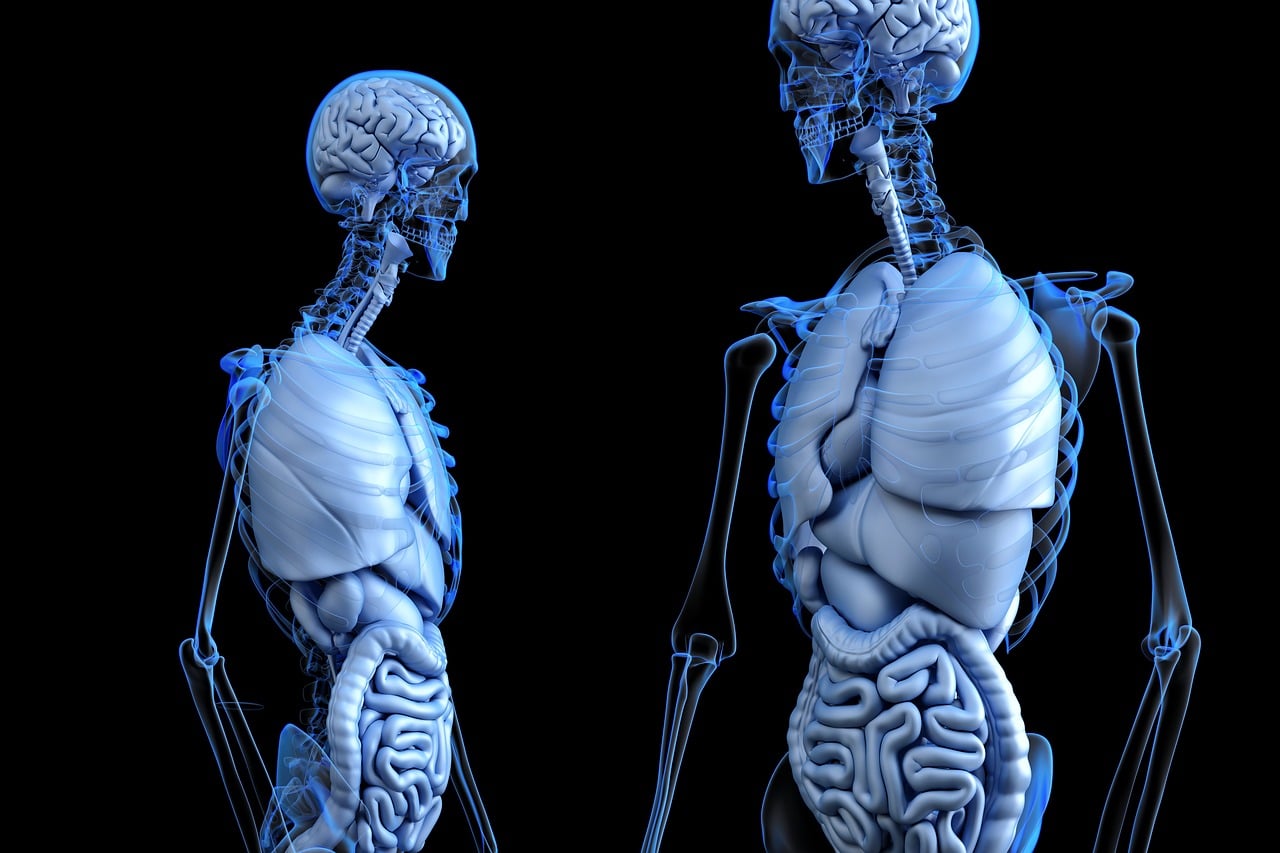Water is considered one of the most basic and important human needs, hence the reason why it is considered a human right and one that is not taken very lightly.
According to medical studies, healthcare professionals, and just basic biology, the average human must consume at least 1.5 liters of water a day, as this amount of water is the adequate amount of keeping fully hydrated.
Since our cells consist mainly out of the water, drinking enough water will ensure their optimal health. Can you imagine what would happen to your cells if you didn’t consume enough water?
Well, firstly, they would not be able to thrive in your body properly and may deform, due to not having enough water.
Water allows our cells to function properly
What do we know about deformed cells?
Deformed cells are one of the causes of illness, and more specifically, autoimmune diseases and cancers. When your cells aren’t properly formed or aren’t nourished to the extent of health in your body, they may split or reproduce as abnormal cells, which may also cause cancer, as well as reduce your body’s natural ability to fight disease.
Water thus aids in cell life.
Water transports nutrients in the body
Water contributes to the transportation process of nutrients to all our cells. It serves as a means of transportation for nutrients, all while removing waste products through urine.
Water serves a purpose in both chemical and metabolic reactions
Given that water enables hydrolysis reactions in our body’s, it also plays a role in the biochemical breakdown of that of what we eat, which is just one of many reactions it supports.
Water regulates your body temperature
Since water has a big heat capacity, it may limit your body temperature in either a hot or cold environment, and enable the body to release higher temperatures in the body, causing the evaporation of water to surface to the skin and cooling your body down.
Get water cooler London from Living-Water and water dispenser pricing.






